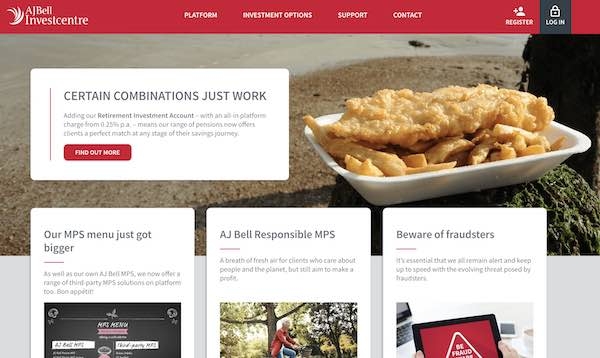A third of large financial advice firms are likely to become platform operators in the next three years, a new report suggests.
The Great Platform Shake-Out has been published by wealth consultancy NextWealth.
It predicts that large, vertically-integrated investment advisers and private equity-backed acquirers are the most likely to build and run their own platform within three years.
Meanwhile, existing third-party platform providers are responding by developing modern digital propositions to support what NextWealth calls Whitelabel+ and additional bolt-on services, which it has dubbed Platform+.
Heather Hopkins, managing director of NextWealth, said: “Competition is fierce among platforms at the moment. Incumbent players are being pressured to modernise and evolve their propositions to suit a pressing need for flexibility and digitisation.”
She said particular pressure is being felt from the adviser segment they’ve called investment outsourcers.
“These firms represent 20% of the existing adviser market but are growing rapidly through PE-backed acquisition. They are most likely to have plans to build their own platform – we predict about a third of them will have achieved this within the next three years.”
In the firm’s last report in 2021 half of advisers with assets of £250m or more said they would build their own platform within three years. But that dropped to just 18% later that year.
“We think that was because many advisers realised that they could be biting off more than they originally thought,” said Ms Hopkins.
“Just because tech exists to make something possible doesn’t always equate to it being the best idea for the business. Another factor was resource. At the time many adviser firms were just too busy.”
Now there has been a bounce-back in ambition, with a quarter of advisers saying they intend to build a platform, mainly because the number of new clients has slowed, which frees up resource to focus on tech and operations.
But also the Consumer Duty regulation means senior managers want better control and oversight of client outcomes.
Meanwhile existing platforms are evolving to offer far more services to financial advisers including supporting regulatory compliance and operational efficiency.
Examples include Fidelity Adviser Solutions, which entered a partnership with Conquest to offer planning tools and digital onboarding.
AJ Bell launched discretionary MPS three years ago and is among the fastest growing providers of discretionary MPS, according to NextWealth.
Intergrafin (owner of Transact) bought back-office system Time4Advice and has also launched a range of model portfolios with BlackRock.
Heather Hopkins said: “Advisers who are motivated to build their own platform because of frustrations with limitations offered by existing platforms may want to take a closer look at what is happening within some of these firms. There is so much investment and innovation going on and we expect many to leave the ‘old model’ label behind.”

